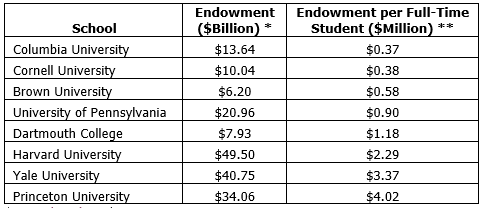That’s the claim of The Wall Street Journal editors.
The climate policy retreat is accelerating as Citigroup, Bank of America, and Morgan Stanley this week joined an exodus from the Net-Zero Banking Alliance. Energy reality can bite.
The “retreat” consists of five banks out of the 140 that are members of the NZBA, a gang of banks sworn to refuse the business of any enterprise that isn’t sufficiently climate-sensitive and -activist enough to suit the syndicate. It’s true enough that the five are major players in the world of banking, but they’re still only five.
The editors wrote, also, that mutual fund manager Vanguard had pulled out of the Net Zero Asset Managers pledge. That’s one out of 350 enterprises that took that pledge. The editors wrote further that JPMorgan Asset Management, BlackRock, and State Street Global Advisors have left Climate Action 100+, a collection of some 600 investors who pressure businesses to comply. Three are part of this “retreat.”
However.
Leaving these syndicates and changing their ways of climate-woke behaviors are two different things. We need to see these banks’, investors’, and business’ altered behaviors over some period of time before it’s believable that they’ve changed more than their public rhetoric.

